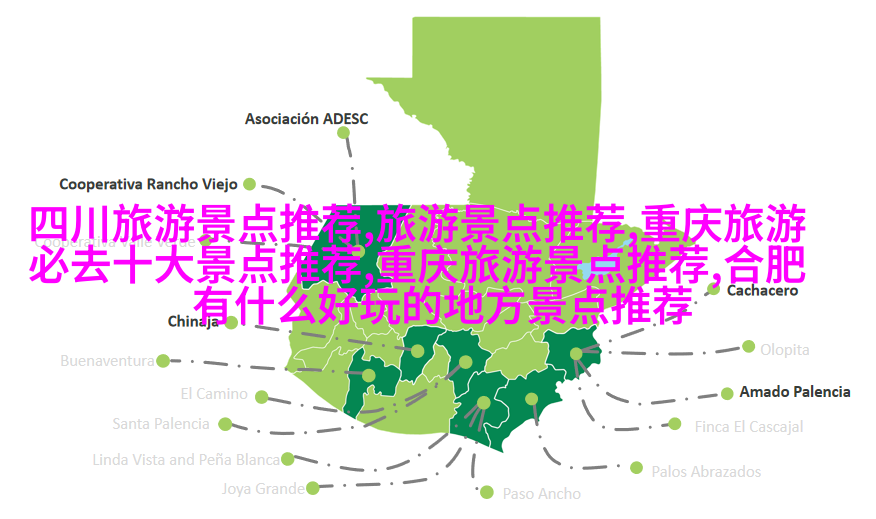川藏骑行悲剧狼群袭击造成一名旅客遇难
318线路的危险性

318川藏公路,也被称为“天路”,是中国西部地区的一条著名自行车道路,连接四川省成都市和青藏高原上的拉萨市。由于这条路途经多个高海拔山区,气候变化极大,加之地形复杂、交通不便,这里是许多野生动物的栖息地,其中包括灰狼等猛兽。虽然在历史上并没有记录过如此严重的事故,但对于参与此次骑行的人来说,这样的环境带来的风险总是存在。
狼群的攻击原因分析

wolves, the main culprits behind this tragic incident, are known for their pack mentality and hunting prowess. In their natural habitat, they often attack weak or injured animals to feed themselves and protect their territory. The presence of humans in this environment may have triggered a predatory response from the wolves, who view these intruders as potential threats or prey.
旅客遇害细节

The victim was identified as a young man from Beijing who had been participating in a group cycling tour along the 318 highway. He was riding ahead of his companions when he suddenly disappeared from sight around 11:00 am on August 10th last year. A search party was quickly organized by the tour organizers but unfortunately found nothing until late that evening when they discovered signs of struggle near a remote stretch of road.
后续调查与处理

An investigation into the incident revealed that multiple wolf tracks were found at the scene and it is believed that they were responsible for attacking and killing one member of the group during an attempted hunt gone wrong. This tragedy has highlighted concerns about wildlife safety on China's most treacherous roads and has led to calls for better measures to be taken to prevent such incidents in future.
对策与建议

In light of this terrible event, many experts have suggested improvements be made to ensure greater safety for cyclists traveling through areas known to harbor dangerous wildlife populations like gray wolves (Canis lupus). These suggestions include increasing awareness among tourists about potential dangers posed by wild animals in certain regions; improving communication between local authorities and tourist groups regarding animal sightings; enhancing infrastructure along high-risk routes with warning signs or protective barriers where necessary; establishing designated safe zones within vulnerable areas; implementing stricter regulations against feeding wildlife which can contribute significantly towards habituation leading potentially aggressive behavior towards humans



